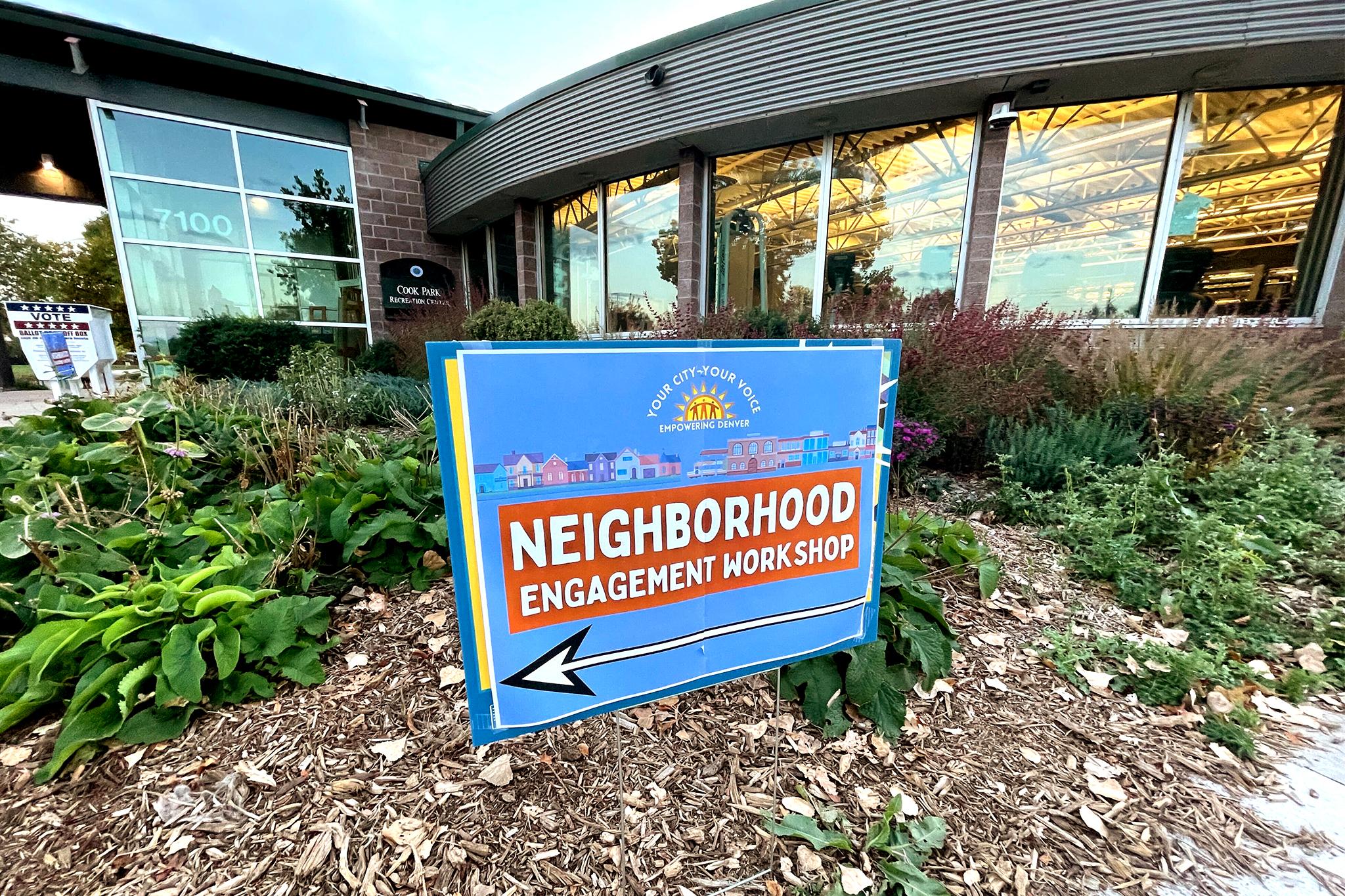There is a “wealth of knowledge and wisdom” among Denver residents that isn’t being tapped, according to Denver City Council member Paul Kashmann.
“We're missing a lot of good ideas if we don't do a better job of bringing them into the process of governance,” he said.
Kashmann views the city’s registered neighborhood organizations — a collection of 200-plus groups of residents who have gotten officially organized under city law — as one of the strongest tools to get Denverites engaged.
Some RNOs are influential players in city politics, shaping what happens — and what doesn’t — in their neighborhoods. The most effective ones connect residents, provide information and lobby local lawmakers.
- Explainer: Want to get connected in Denver? Joining your registered neighborhood association might be the move
But Kashmann thinks the city ordinance that established the RNO system in 1979 is outdated and doesn’t set groups up for success.
“Since it was created in 1979, the city's given it no support,” he said. “You do have some [RNOs] that function very well because, by chance, they have people with the time and the expertise to get involved in civic matters. But we have many, many, many groups that just flounder. They're trying, but they don't have the skillset that they need, and so they're not able to represent their community the way the community deserves.”
Kashmann and fellow council member Serena Gonzales-Gutierrez have taken the first steps toward reforming the RNO ordinance. Their goal is to get more residents involved in hyperlocal affairs by joining the city’s neighborhood groups.
A citywide tour for a ‘summer of RNO reform.’
Kashmann and Gonzales-Gutierrez have been hosting in-person meetings to gather feedback about how the system works and how it needs to be improved.
After the final virtual meeting on Oct. 29, the two will take the feedback they received and start working on legislation to present to the entire council body. That isn’t expected to happen until spring, at the earliest.
Over two dozen people attended a meeting at Cook Park Recreation Center in southeast Denver on Wednesday night. Tables of residents were asked by moderators to share their good and bad experiences with RNOs and the city. Attendees also proposed changes to the existing ordinance.
Ryan Hawkes, a member of the Lynwood Neighborhood Association, said his table recommended requiring the city to provide basic templates for RNOs to build websites, bylaws and more.
“It was good to have a conversation and sort of think through what are the challenges of the communication with the city, what are challenges with how we function and how we get people engaged,” Hawkes said.
Other tables recommended setting minimum and maximum sizes for RNOs in terms of geographic area.
At Hawkes’ table, they debated whether RNOs that accept city funding should also be subject to mandatory financial audits. While the table was split on that specific idea, they agreed that some level of transparency is required.
“Putting [financial disclosures] on your website [as a] requirement? I can't even get my website open,” Hawkes joked. Currently, RNOs don’t receive regular city funding, but individual council members may choose to fund organizations in their districts through small discretionary funds.
Gonzales-Gutierrez said she and Kashmann are pleased with the feedback and turnout so far. However, she said she hopes more renters — a population not always represented by RNOs — turn out to the final meeting later this month.
“I want these places to feel welcoming and new ideas to be welcome to the table,” she said.
A new city office will support RNOs.
Councilman Kashmann said the city will soon start interviewing candidates to lead the city’s new Community Empowerment Division. The hiring process began before the citywide hiring freeze and the position is funded in Mayor Mike Johnston’s initial 2026 budget.
The office has been in the works for years. Kashmann proposed it in 2022, but he struggled to get it funded until Johnston took office. After the head of the division is hired, two employees already employed by the city’s Human Rights & Community Partnerships department will be reassigned to the Community Empowerment Division.
“That office will be looking at any way to better enable people to play a meaningful role in their own governance,” Kashmann said. “RNO reform is definitely part of that.”
Kashmann said the office will bring Denver closer to what similarly sized cities are doing with RNOs. He frequently points to Los Angeles, where a city department gives about $32,000 annually to each of its 99 “neighborhood councils,” which can be used for events, programs, infrastructure, mutual aid and more.












